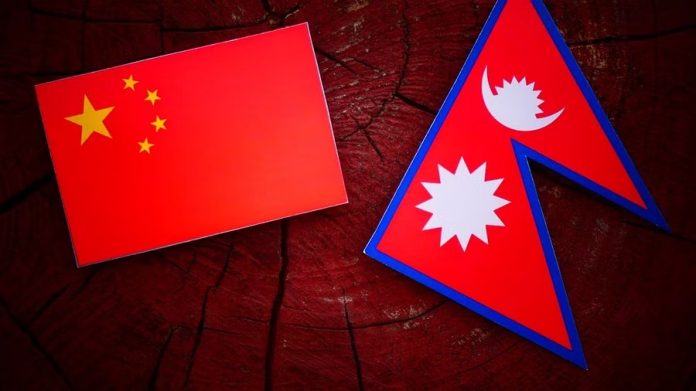The warmth in Nepal-China ties seems to be dissipating, the recent being the debates surrounding the Pokhara International Airport (PIA). The airport, built by China, is the focal point of recent civil society protests in Nepal. The rallying point is that Beijing may develop an opportunity with the pretext of non-repayment of loans to place its military at the airport, and, thus, by extension on Nepalese soil, and challenging Nepal’s sovereignty.
The Pokhara airport is a symbol of national pride for the people of Nepal, and its completion is a dream come true for many Nepalese, as this has been in the works since the 1970s. The high cost which resulted in the delay was addressed when China agreed to meet a substantial part of the monetary and technology part of the project. An agreement between Nepal and China was signed in 2016 and Nepal is expected to start the repayments in 2026.
However, Nepal is slowly waking up to the reality of China’s ‘help’. Reports have emerged of mismanagement on the Chinese side, corruption, and inflated costs. Adding to the woes, to date no major international flights are passing through the airport, adding to Kathmandu’s fears that this is proving to be a financial fiasco.
By the looks of it, the Pokhara airport could become the next Hambantota in the region. The Hambantota port in Sri Lanka was built with China’s help and is often cited as a prime example of Beijing’s debt-trap diplomacy. With mounting losses, and shoddy construction, Kathmandu will find it hard to service the debt incurred for the PIA. Some reports claim that during his last visit to Beijing in in September, Nepalese Prime Minister Pushpa Kamal Dahal wanted the $216 million loan associated with the Pokhara airport to be converted to a grant. No statement concerning this was released by China.
Kathmandu joined China’s President Xi Jinping’s ambitious Belt and Road Initiative (BRI) in 2017. Since then, it is estimated that China has invested heavily in the landlocked nation in various infrastructure projects. In addition to airports, China has built many roads and railways. The BRI was an attractive opportunity for a small nation which was cash-strapped and looking for ways to boost infrastructure and growth.
The Pokhara story seems to be unfolding on similar lines to Hambantota, and far from a win-win situation as was expected by sections of the Nepalese government. The airport has so far had one international flight come in, in June — six months after it was inaugurated in January 2023 — and that too it was a chartered flight from Chengdu, in China, carrying Chinese athletes and officials for a ‘goodwill boat tour’.
The Pokhara International Airport is situated in the second-largest city in Nepal with the potential to become a tourist hub. Given such projections, if China decided to take over the day-to-day operating of the airport in lieu of payments, it again be in possession of a crucial infrastructure in South Asia, and closer to India’s border. For now, it appears to be yet another geopolitical win for Beijing. With its deep pockets, China has managed to gain another foothold in the region.
The feasibility of the airport is further constrained as New Delhi will not be keen to look for bilateral flights if the airport falls under the BRI. Indians are one of the largest tourists to Nepal, with around 314,000 Indians visiting Nepal in 2023, compared to 60,000 Chinese. Nepal also needs India to extend access to its air space for more flights to land in Pokhara, for which New Delhi seems reluctant. The airport is too close to the Indian border and has clear geopolitical and strategic implications since it is a China-run project. All these factors will hamper Nepal’s prospects of making the PIA profitable.
India and Nepal are closely co-operating under the HIT formula (Highways, Iways, and Transways). Among many projects, India has also signed an electricity trade deal under which Nepal will export 10,000 megawatts of electricity to India in the next decade.
That said, it is not clear when the turbulence over the Pokhara International Airport will lift.









































